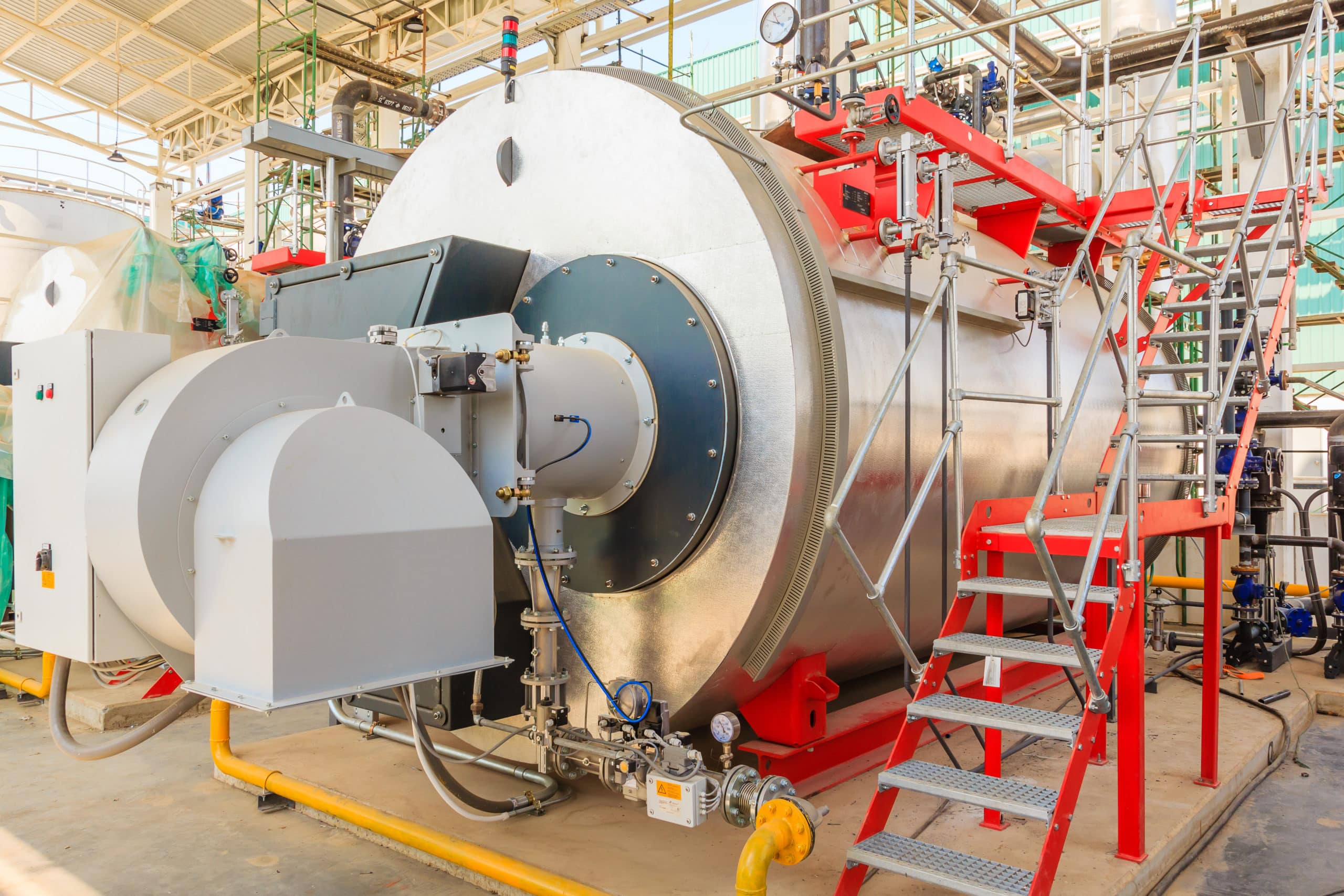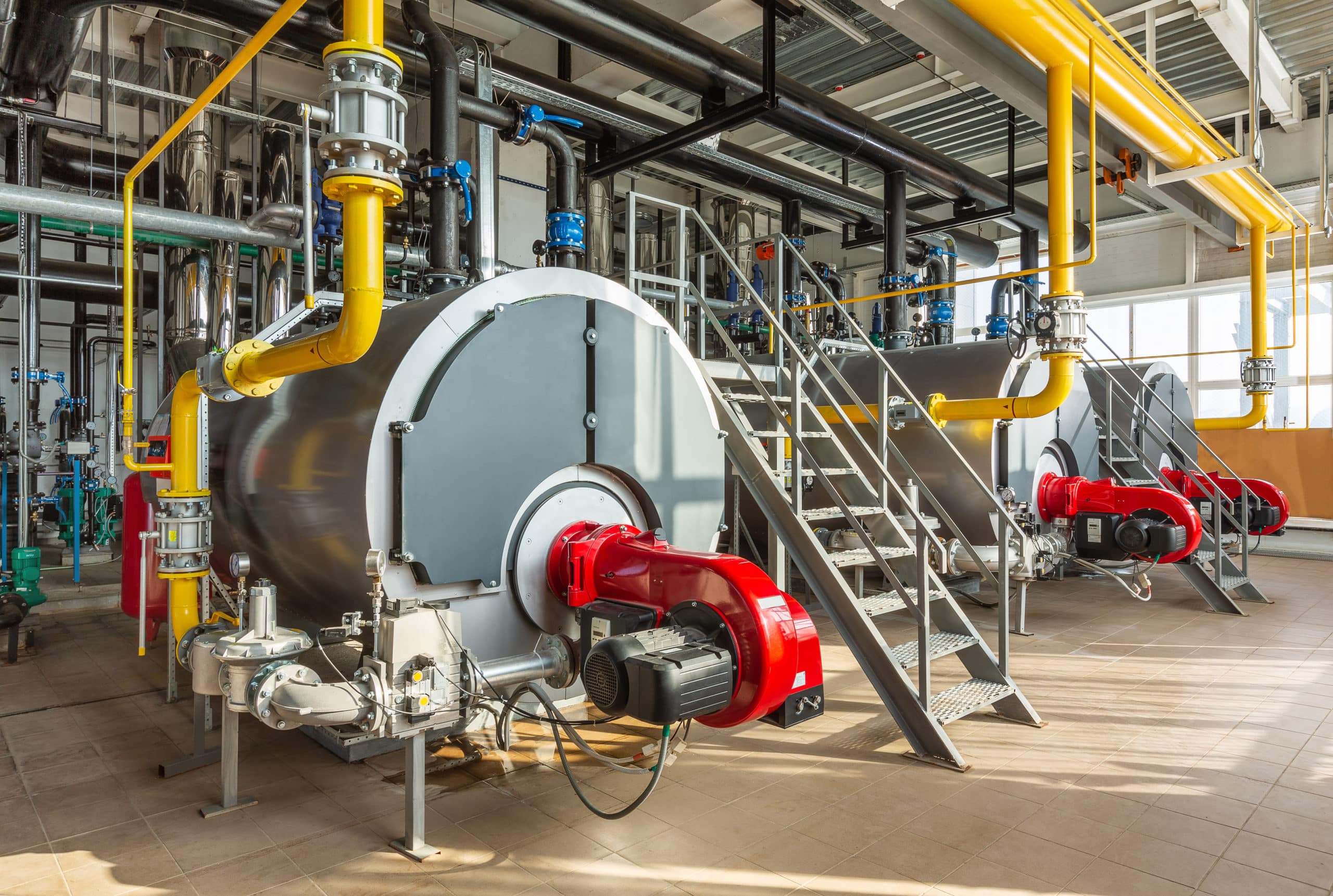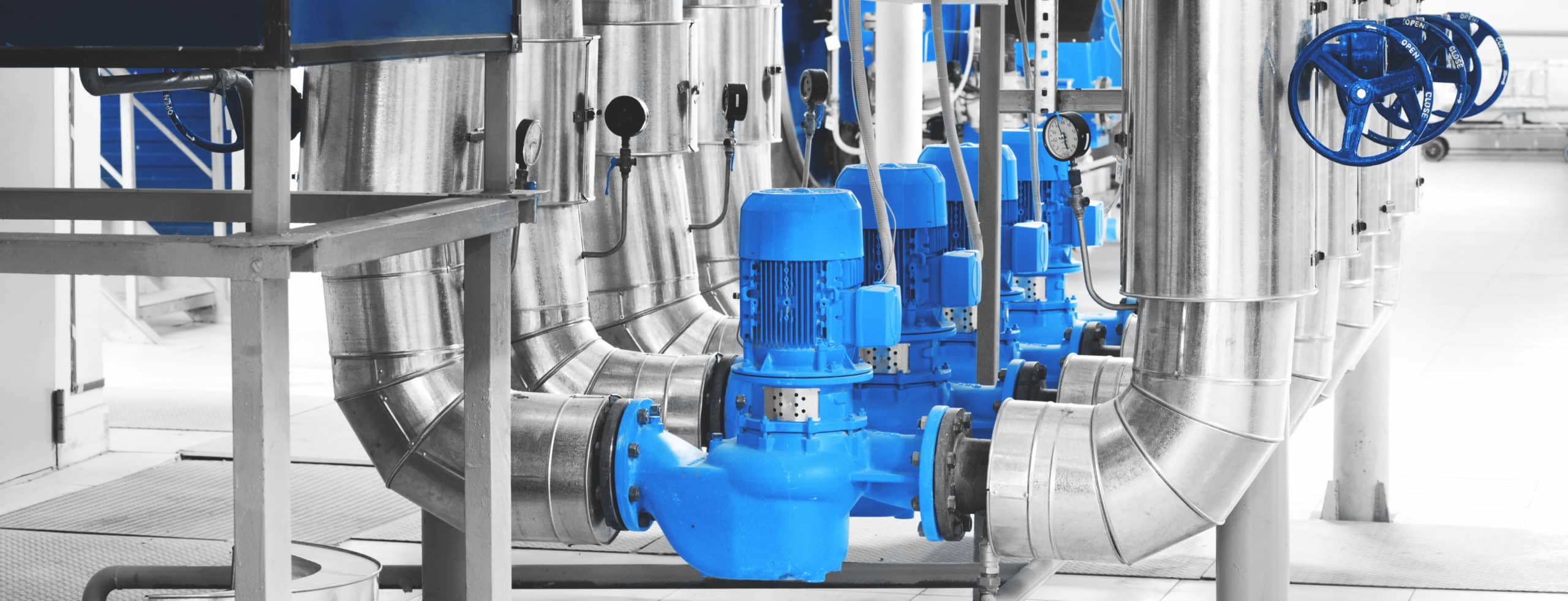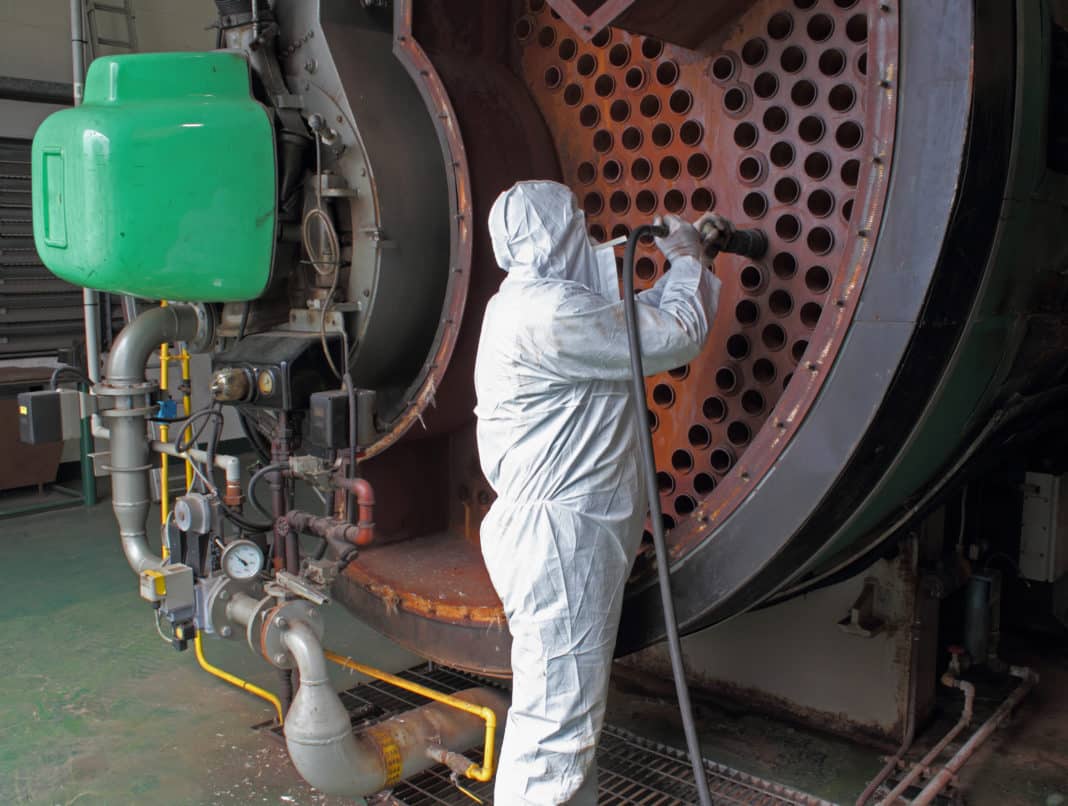Companies and facilities use boiler units to produce steam for heating and generating power. Therefore, they are necessary a part of every industrial plant. However, the boiler system may reduce its performance over time due to overload, scaling, soot, dust, and other residues.
This reduction in performance increases the possibility of the boiler system failing or shutting down. Moreover, it can be a safety concern for both the people in the industry and the environment.
As an industrial plant owner, one of your main priorities is to ensure that the boiler system functions optimally. Of course, you can achieve such efficiency can through regular system maintenance. But unfortunately, it’s still common for many to forget essential care, leading to the boiler system failing.

Generally, the maintenance tasks aren’t so complicated and can range from regular descaling to preventive maintenance. This article discusses tips to perform boiler system maintenance tasks below safely:
- Find the right boiler pump
Maintaining your boiler system starts with finding the right components, such as the boiler pump. This pump transports feedwater at high pressure to the boiler. To ensure that your boiler system is working at optimal levels, you need the right pump. Boiler pumps are not the same, and therefore you need to choose the one suitable for your boiler system. (1)
Many different things come into play when finding the right pump for your boiler. It’s in your best interest to consider the pressure and temperature of your system, the total dynamic head, the required and available net positive suction head, and the flow rate.
These factors will help you find the right pump for your needs. If you are unsure what pump would work best for your application, you can read more about them at carverpump.com/7-facts-about-boiler-feed-pumps/ or other websites. Alternatively, you can also talk to a professional who can help you find what you need. (1)
- Use modern diagnostic tools
A boiler system consists of multiple interdependent components, so it’s vital to understand the big picture. These components require real-time monitoring to ensure that you can identify any problem developing early enough. That way, you can deal with any issue before affecting your operations. The best way to maintain your boiler is to modernize your business and use technology to diagnose your system. These tools can help you detect problems early on and take action right away. (2)
These tools include predictive maintenance systems, infrared cameras, and vibration analyzers. You should also have meters in your water line to measure and report water flow: leak detection meters and chemical composition sensors. The chemical composition sensors detect contaminants and other elements that may damage the boiler. These diagnostic tools, such as leak detection, can precisely identify where the leak is in the pipe, saving time in repairs. (2)

- Inspect insulation regularly
Insulation of the boiler system is an essential maintenance task because of the high temperatures in the boiler system. Therefore, it’s crucial to ensure that all areas of the boiler are adequately insulated. Still, you should also be checking for gaps in the insulation where heat may seep out and cool air may seep in. These gaps can cause condensation and corrosion over time, leading to leaks and damage to your boiler. (2)
Moreover, suppose there are any weak spots in the insulation. In that case, this will reduce the boiler’s efficiency and bring down its performance over time. In addition, if the insulation falls off somewhere on an exterior part of the boiler system, it can cause a fire and severe injury to workers near the system when it happens. Thus, you must regularly check all joints for wear and tear signs and replace any insulation as needed to ensure proper performance. (2)
- Take care of the water quality
To avoid corrosion, you must take care of the quality of water used in the boiler system. The primary goal is to minimize the amount of oxygen in the water and ensure that the water is not overly alkaline or acidic. (3)
If you have a water treatment system, make sure you maintain this regularly to avoid problems with your boiler. Hard water and high mineral content can cause scaling and corrosion inside the boiler tank, which will reduce the efficiency of your system. As well as causing damage to the tank itself, this can also lead to damage in other parts and reduce overall efficiency. (3)
You can take water samples from your boiler system and test them by a qualified lab. If there is a problem with the pH level or oxygen content, you can get it corrected before any damage affects your system. (3)

- Minimize boiler blowdown
Boiler blowdown is the amount of water discharged from a boiler to control the concentration of dissolved solids in the boiler water. Boiler water suspended solids are precipitated and deposited on the boiler heating surfaces during steam generation. (5)
Minimizing blowdown reduces water discharge from the system, which helps with environmental compliance. This means it will decrease the amount of waste and chemicals discharged into nearby waterways. The best way to minimize the boiler blowdown is by having consistent and frequent blowdowns but in small quantities instead of high and infrequent blowdowns. (5)
- Clean the boiler system
The heart of a boiler system is the burner. The burner mixes fuel and oxygen to combust within the combustion chamber. However, if your burner has clogged fuel nozzles or if the air filters are dirty, these issues will cause poor combustion. Moreover, the buildup of soot on a boiler can cause it to overheat or even explode. (4)
A little time spent keeping the boiler clean and checking for leaks can go a long way toward extending the life of your boiler, keeping it running efficiently, and ensuring that plant production doesn’t grind to a halt because your boiler failed. (4)
Conclusion
Industrial plants that rely on boiler systems for steam or hot water production face numerous challenges. Still, with routine maintenance, your boiler system can work effectively and reliably all year round. This article has discussed six tips that can be used to maintain your industrial boiler system for optimal performance.
References
- “7 Facts About Boiler Feed Pumps And How Finding The Right One Can Ensure Efficiency For Your Boiler System”, Source: https://www.carverpump.com/7-facts-about-boiler-feed-pumps/
- “PREVENTATIVE MAINTENANCE TIPS FOR INDUSTRIAL BOILERS”, Source: https://www.ipfonline.com/news/detail/industrynews/preventative-maintenance-tips-for-industrial-boilers/11787
- “5 Essential Tips On Industrial Boiler Repair And Maintenance”, Source: https://energyplusindia.com/5-essential-tips-on-industrial-boiler-repair-and-maintenance/
- “Boilers”, Source: https://betterbricks.com/resources/boilers





